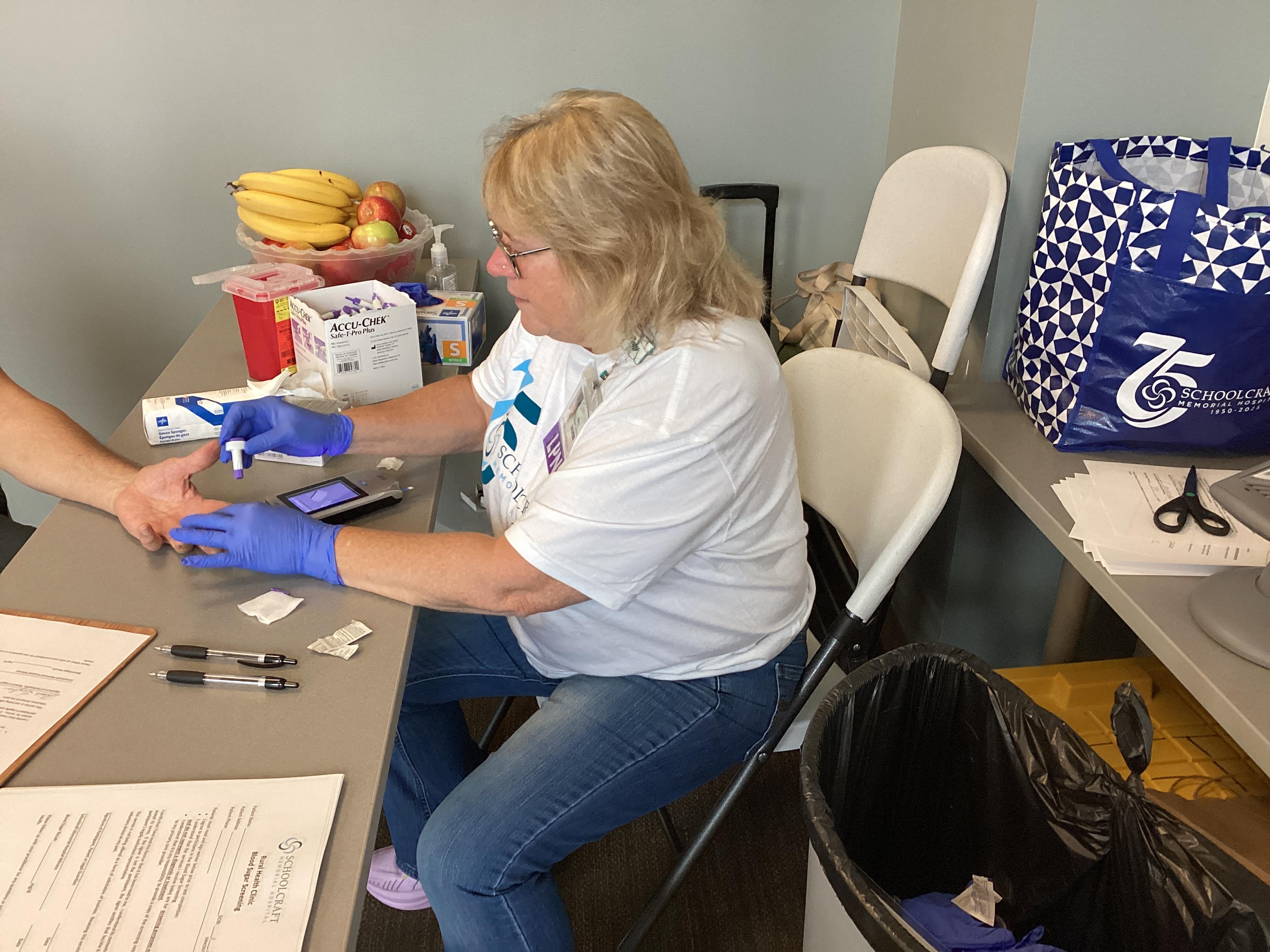
By: Beth Goldman, MD, MPH, medical director of Behavioral Health at Blue Cross Blue Shield of Michigan This is an exciting time for health care in America, especially in the area of behavioral health. Because of two laws, the Affordable Care Act (ACA), also known as “Obamacare,” and the Mental Health Parity Act (MHP), people with emotional and behavioral problems have more opportunity than ever before to get treatment. Coverage for mental health services must be available in all ACA-compliant health plans, as they are considered to be essential health benefits. In addition, deductibles, co-pays, annual limits or lifetime limits for mental health conditions must be the same as those for medical conditions. This is a big change because for years most plans had much smaller annual and/or lifetime limits for mental health services than they did for medical services. At first, you may not think this impacts you. You're glad "those" people can get the help they need, but you're normal. You don't need mental services. Why would this matter to you? The fact is that the vast majority of people who seek mental health treatment are just like you and me --“regular” people. Most are perfectly able to tell the difference between what is real and what is not real (that is, they are not psychotic) and most appear to be perfectly normal to an outside observer. However, according to the National Institute of Mental Health (NIMH) an estimated 26.2 percent of Americans ages 18 and older — about one in four adults — suffer from a diagnosable mental disorder in a given year.
The two most common types of mental illnesses are mood and anxiety disorders, which often go hand in hand.
Depression is usually characterized by sadness, decrease in energy, changes in sleep and appetite, feelings of hopelessness and helplessness, irritability, guilt, difficulty making decisions, problems with memory and concentration and sometimes, thoughts of wishing to be dead or even of taking one’s own life. The opposite of depression, often called “mania,” can include anxiety, inability to sleep, racing thoughts, spending too much money, and making dangerous or risky choices. Anxiety symptoms can include constant worry, along with feeling restless, on edge, being easily fatigued, difficulty concentrating, muscle tension and having difficulty falling/staying asleep or feeling fatigued even after a full night’s sleep. Other anxiety disorders include obsessive-compulsive disorder, phobias and panic disorder. As you can see, many of the symptoms of anxiety disorders are similar to those of mood disorders. For that reason, if you think you may have these symptoms – especially if they last more than a couple of weeks - it is important to get a good diagnosis so that treatment can be effective. Sometimes even very skilled behavioral professionals have difficulty determining the best treatment course. One does not need to have a “diagnosable mental disorder” to benefit from mental health treatment. Some people seek help when they feel “stuck” in their lives, especially if they begin to notice that they seem to be making the same mistakes or are having the same types of difficulties over and over. Mental health practitioners also can help when couples or families are not getting along or when individuals realize that they are having difficulty making or keeping friends.
If you decide that you may benefit from an appointment with a mental health professional (MHP), whom should you see?
There are two main types of MHPs – those who can write prescriptions and those who cannot. Physicians (MDs, DOs), some nurse practitioners and physician assistants (PAs) are allowed to write prescriptions. Psychologists (Ph.D and master’s level), social workers, licensed professional counselors and marriage and family therapists are not able to prescribe. However, psychiatrists are specially trained physicians, all of whom are able to write prescriptions and many of whom provide talk therapy as well. Some therapists may refer you to a physician if they feel medication is indicated, but there are some who are not in favor of medications and they may not. Many people see a psychiatrist for medication and another therapist for talk therapy. If you see a non-prescriber you may want to ask if he or she thinks medications may be helpful and, vise versa if you are getting medications from your doctor or psychiatrist, you may want to ask him or her if talk therapy would be helpful to you. You may want to spend some time on the phone talking with the MHP you are considering to see if you feel comfortable with him/her and if you think he/she can meet your needs. It is not uncommon for people to see more than one potential “candidate” before finding one with whom they feel comfortable. No matter what you decide, it’s important to know that getting help for psychological troubles is a journey that many have been on before you. Whether you suspect the journey will be long or short, it’s a journey worth taking. Beth Goldman, MD, MPH is the medical director of Behavioral Health at Blue Cross Blue Shield of Michigan. For more health insurance tips visit bcbsm.com/101 or follow the hashtag#Covered101 on our social channels. If you have a specific question, please submit your query online through our Customer Action Center. Photo Credit: Just Ard





